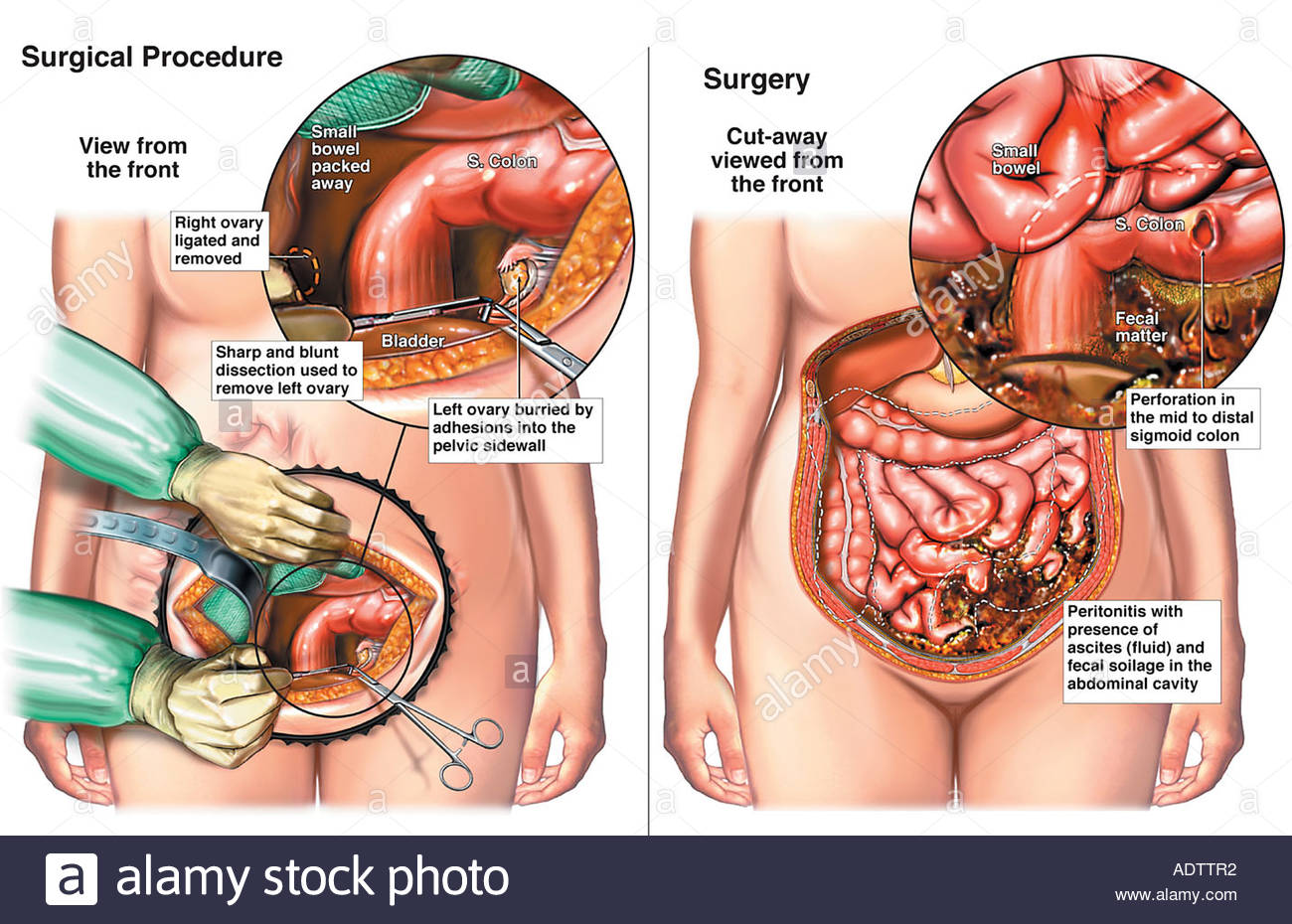Oophorectomy in Georgia
Search and Compare the Best Clinics and Doctors at the Lowest Prices for Oophorectomy in Georgia

Find the best clinics for Oophorectomy in Georgia
No clinics available
Ukraine offers the best prices Worldwide
Price: $ 714

- Home
- Georgia
WHY US?
At Medijump, we're making medical easy. You can search, compare, discuss, and book your medical all in one place. We open the door to the best medical providers worldwide, saving you time and energy along the way, and it's all for FREE, no hidden fees, and no price markups guaranteed. So what are you waiting for?

Free

Best Price

Widest Selection

Risk-Free
What you need to know about Oophorectomy in Georgia

Oophorectomy also referred to as ovariectomy, is a surgical procedure to remove one or both of a woman’s ovaries – the almond-shaped organs located on each side of the uterus that produces ovum (egg cells). It is often performed to prevent or treat certain medical conditions, such as ovarian torsion, endometriosis, non-cancerous ovarian tumor, and ovarian cancer.
What does a Oophorectomy Procedure Involve?
A general anesthetic is used during oophorectomy and the procedure can be performed in two different ways: laparotomy or laparoscopy. With laparotomy, your surgeon will make a single large incision in your lower abdomen to gain access to your ovaries. Then, your surgeon removes the ovary by separating each ovary from the blood supply and tissue that surrounds it. With a laparoscopy, your surgeon makes three small incisions in your abdomen to insert a small surgical tool and laparoscope (a small, flexible tube with a tiny camera and a light on its end). The surgeon separates each ovary from the blood supply and the surrounding tissue and places it into a pouch. The pouch is then pulled out of your abdomen through the small incision.
How Long Should I Stay in Georgia for a Oophorectomy Procedure?
If you have a laparoscopy, you only have to stay in the hospital for a day. If you have laparotomy, expect to stay in the hospital for 2 or more days. However, you will need to stay in Georgia a bit longer, at least around 7 to 14 days for the initial recovery, follow-up checkups, and for the removal of the stitches.
What's the Recovery Time for Oophorectomy Procedures in Georgia?
You may be able to return to your normal routine and go back to work within 2 to 3 weeks after oophorectomy with laparoscopy. If you undergo laparotomy, you may need six weeks until you can resume your full normal activities.
What sort of Aftercare is Required for Oophorectomy Procedures in Georgia?
You will need to refrain from sexual intercourse for a few weeks and also avoid heavy lifting and exercise during the recovery period, but make sure to get up and about as soon as you can. You may need to make dietary changes and avoid using tampons.
What's the Success Rate of Oophorectomy Procedures in Georgia?
Oophorectomy has a high success rate of 97.5%. However, there are some side effects, complications, and risks you need to be aware of before the procedure, such as hot flashes and vaginal dryness (menopause symptoms), memory problems, decreased sex drive, heart disease, depression, anxiety, and osteoporosis.
Are there Alternatives to Oophorectomy Procedures in Georgia?
The alternative to oophorectomy depends on what medical condition you need the procedure for. If you have endometriosis, your alternative is hormone therapy. Hysterectomy can also be an alternative to this procedure.
What Should You Expect Before and After the Procedure
Before an oophorectomy, you may be at risk of ovarian and risk cancer. After the surgery, your risk will be greatly reduced. If the procedure is performed to treat a specific condition, you will no longer experience the symptoms of the condition.
Whilst the information presented here has been accurately sourced and verified by a medical professional for its accuracy, it is still advised to consult with your doctor before pursuing a medical treatment at one of the listed medical providers
No Time?
Tell us what you're looking for and we'll reachout to the top clinics all at once
Enquire Now

Popular Procedures in Georgia
Prices Start From $500

Prices Start From $260

Prices Start From $714

Prices Start From $714

Recommended Medical Centers in Georgia for procedures similar to Oophorectomy

- Interpreter services
- Translation service
- Religious facilities
- Medical records transfer
- Medical travel insurance
- Health insurance coordination
- TV in the room
- Safe in the room
- Phone in the room
- Private rooms for patients available

- Interpreter services
- Translation service
- Religious facilities
- Medical records transfer
- Medical travel insurance
- Health insurance coordination
- TV in the room
- Safe in the room
- Phone in the room
- Private rooms for patients available

- Interpreter services
- Translation service
- Religious facilities
- Medical records transfer
- Medical travel insurance
- Health insurance coordination
- TV in the room
- Safe in the room
- Phone in the room
- Private rooms for patients available

- Interpreter services
- Translation service
- Religious facilities
- Medical records transfer
- Medical travel insurance
- Health insurance coordination
- TV in the room
- Safe in the room
- Phone in the room
- Private rooms for patients available
Oophorectomy in and around Georgia
Introduction
Georgia is located in the Caucasus region of Eurasia and it is the most visited country in South Caucasus. From its green valleys and vineyards to its old watchtowers and old churches, this country will never disappoint. Over the last 5 years, Georgia has been visited by an increasing number of medical tourists. These foreign patients, mostly come from Saudi Arabia, Kuwait, Iraq, and Russia, are attracted to Georgia’s high-quality and affordable medical care, as well as the medical center’s first-class services. Most of these patients come for dental treatments, cosmetic surgery, oncology, radiology, liver and kidney transplantation, bone marrow transplantation, orthopedics, infertility treatment, and bariatric surgery.
Popular Cities and Regions in Georgia
Georgia’s vibrant capital, Tbilisi, offers picturesque Old Town, outstanding architecture, dramatic valley setting, and terrific cuisine. Home to 30% of the country’s population, this city is lively and filled with hipster culture and techno scene. One of the most famous monuments in the city is Kartlis Deda, which is a 20-meter tall aluminum symbol of Tbilisi. Another popular city is Batumi, which is the country’s most charming seaside destination. Its synthesis of the mountain and the sea is truly unique and interesting. The most popular attractions in this city, besides its beach, are Batumi Boulevard, Batumi Botanical Garden, Medea Monument, Ortajame Mosque, and Batumi Archeological Museum.
Transport in Georgia
International tourists will arrive in Tbilisi International Airport. It serves flights to and from several cities in Europe, the Middle East, and Asia. There are numerous budget airlines that operate flights from this airport, including IndiGo, Ryanair, and AirAsia X. To travel around the country, domestic flights, buses, and trains are available. To get around major cities, several public transportation options are available. The most common way to get around is by local minibus and buses. Taxis are widely available, but make sure to agree on the fare before getting on.
Visas in Georgia
Georgia allows citizens of 98 countries, including all European Union countries, the US, Japan, and Australia, to stay for a year. Holders of passports issued by 66 countries, such as Bolivia and Egypt, are eligible to apply for e-Visa. The e-Visa is valid for 90 days per 180-day period and 30 days per 120-day period. Citizens of other countries, such as Sudan and Morocco, need to apply for a visa in advance.
Weather in Georgia
Winter in Georgia is usually very cold, with temperatures ranging from 2°C to 6°C, and sometimes dropping below 0°C at night. Summer, from June to August, is pleasantly warm with average temperatures of 20°C to 30°C. However, some coastal areas are humid during this season. Spring and Autumn are delightful as the weather is not too hot, nor too cold. Both of these seasons see frequent rainfalls.
Additional Info
- Local Currency: Lari (GEL) is the official currency of Georgia. 1 USD is equivalent to 2.7 GEL.
- Money & Payments: ATMs are easily available and credit cards are accepted in most restaurants, shops, and hotels. However, if you travel outside of Tbilisi, it’s best to bring plenty of cash. Tipping is expected.
- Local Language: Georgian is the official language. Russian is common, while English is becoming more widespread.
- Local Culture and Religion: The majority of Georgia’s population is Christian. Other religions, including Islam, Judaism, and Bahá'í Faith are present.
- Public holidays: Some of the most celebrated public holidays are New Year’s Day, Orthodox Christmas, Great Saturday, Day of Victory over Fascism, and Independence Day.
Popular Searches
- Plastic Surgery in Thailand
- Dental Implants in Thailand
- Hair Transplant in Thailand
- Breast Augmentation Thailand
- Gastric Sleeve in Thailand
- Gender Reassignment Surgery in Thailand
- Laser Hair Removal in Bangkok
- Botox in Bangkok
- Dermatology in Bangkok
- Breast Augmentation in Bangkok
- Coolsculpting in Bangkok
- Veneers in Turkey
- Hair Transplant in Turkey
- Rhinoplasty in Turkey
- Stem Cell Therapy in Mexico
- Rhinoplasty in Mexico
- Liposuction in Mexico
- Coolsculpting in Tijuana
- Rhinoplasty in Korea
- Scar Removal in Korea
- Gastric Sleeve in Turkey
- Bone Marrow Transplant in India
- Invisalign in Malaysia
- Plastic Surgery in the Dominican Republic
- Tummy Tuck in the Dominican Republic
- Plastic and Cosmetic Surgery in Poland
- Rhinoplasty in Poland
- Hair Implant in Poland
- Dental Implants in Poland
- IVF in Turkey